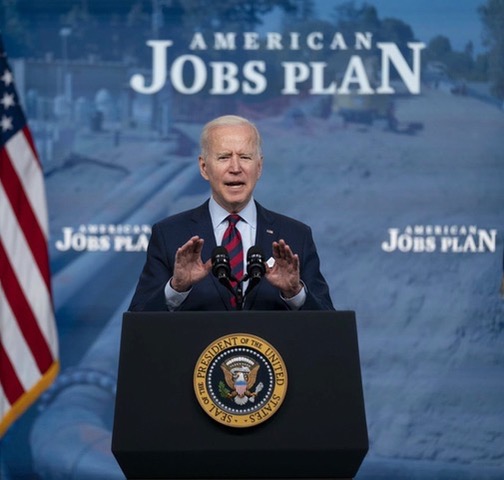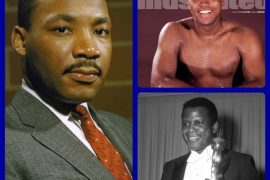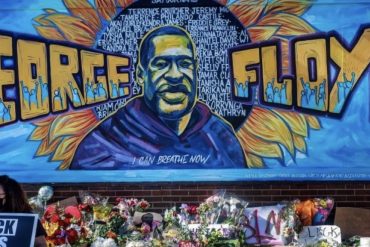It’s not a matter of IF, but WHEN the Biden Infrastructure Plan – perhaps in reduced form – will become law. At that moment billions of dollars in construction contracts and fees will come into play for Black contractors, engineers, architects and other professionals. Blacks with hard hats will be summoned to union hiring halls. Black receptionists and payroll clerks will be in instant demand.
Or not.
Much depends on the willingness and ability of minority contractors and their political allies to get their ducks in a row. And do it now, before white-owned construction giants gobble the lion’s share, likely behind familiar window dressing and lip service that give an illusion of minority participation. So what needs to happen? At the risk of sounding like a guy with-all-the answers, allow me to make a few suggestions based on a professional lifetime of dealing with – and succeeding at – these very issues.
Recommendation No. 1: Find a model that works.
A Tale of Two Cities
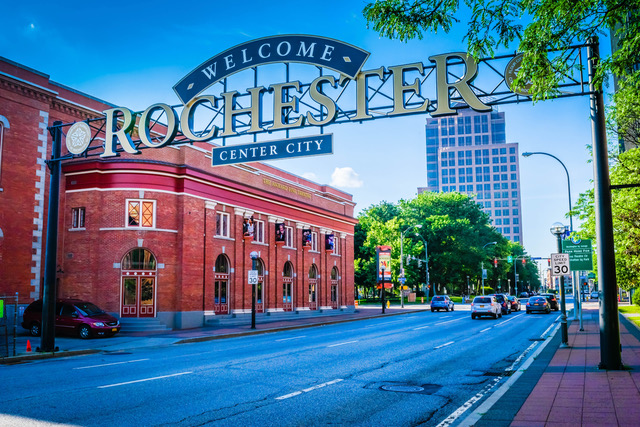
Rochester, New York is a metropolis of 200,000 with 40% African American residents. Michael Corkery of the New York Times in an article headlined “Black Capitalism Promised a Better City for Everyone. What Happened?” (9/12/21 NYT) explains that Rochester in the ’60s had two corporate behemoths in Xerox and Kodak that wanted to help. Responding to then-President Richard Nixon’s Black Capitalism policy, Xerox helped create Eltrex Industries, a Black-owned enterprise that made vacuums and other parts for copying and film processing.
I visited Rochester twice in the 1970s on behalf of the National Association of Minority Contractors (NAMC). These and other promising partnerships between Kodak, Xerox, and other large companies showed a great deal of potential and promise. But the flame was extinguished over the decades, according to Corkery. Eltrex shut its doors in 2011. Among challenges was its dependence on winning repeat contracts from Xerox and Kodak which were fighting for their own survival in a digital age. Their ability to support the partially employee-owned venture became limited. Today, Corkery concludes, the Black business initiative of that era has all but vanished.
Chicago a Different Story…

On July 23, 1969, our Coalition for United Community Action shut down the first of over $80 million in area construction projects. Our goal was black jobs. African Americans then were confined to the “wet and trowel” trades among construction unions and all but shut out of electrical, plumbing, sheet metal and HVAC trades. The Rev. CT Vivian was our leader and the Lords, Stones, & Disciples were our troops. Three seismic developments had their beginnings in our edgy effort.
1. We introduced the concept of Black Contractor Advancement as part of the push for more Blacks in the better-paying trades. It was a twofer, in that more Black Contractors would inevitably “hire our own.”
2. Congressman Parren Mitchell (D-Md.) created the Black Business Braintrust which advocated for Federal support of Black business.
3. Harold Washington, then an Illinois state representative, assisted Black contractors with legislation helping them obtain the insurance and surety bond coverage required of all contractors bidding on major projects.
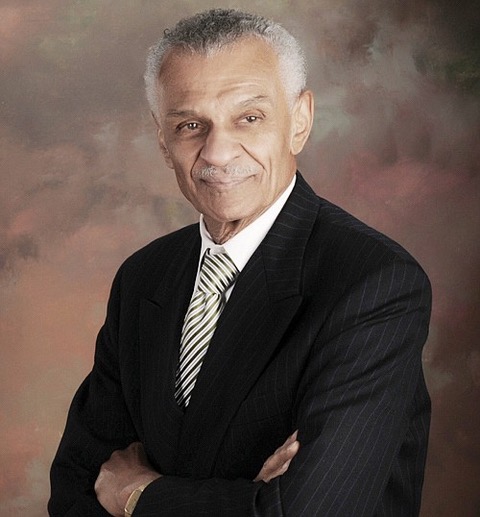
The Reverend CT Vivian was pivotal at this point. The dynamic Reverend, who passed in July of 2020, was Martin Luther King’s Lieutenant. today’s activists would do well to consult his memoirs as presented in “CT Vivian – It’s in the Action” with co-author Steve Fifer.
The Reverend made it simple: “We brought together 61 non-governmental organizations and formed the Coalition for United Community Action. But the real players, the big-time players were the gangs. Our concern was how do you move from their usual way of thinking. If you could get them involved, so that they became the force, you need to go after the biggies. If you don’t have any force that’s already bought by City Hall or the businessmen, what force are you going to use to change Chicago?”
“The building trades had all kinds of jobs but if you were Black, you didn’t become a full member of any of them,” Vivian recounts, “So we had to take on the unions. We did it nonviolently, but all these guys in the unions were afraid, we weren’t. They would leave work and work would stop. We stopped half a billion dollars of work right downtown in the middle of the city.”
Street Heat and a D.C. Seat
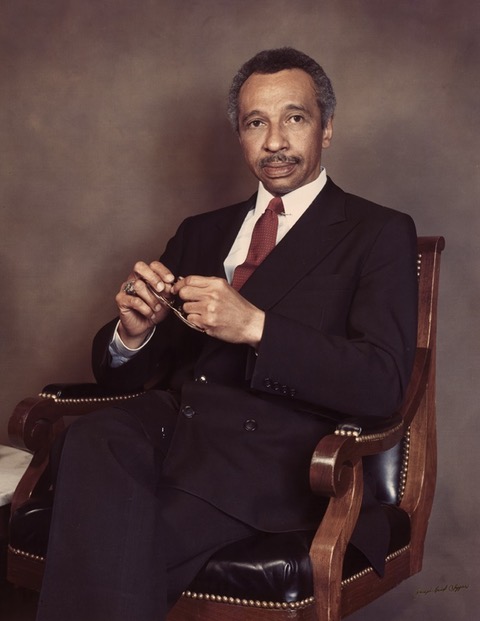
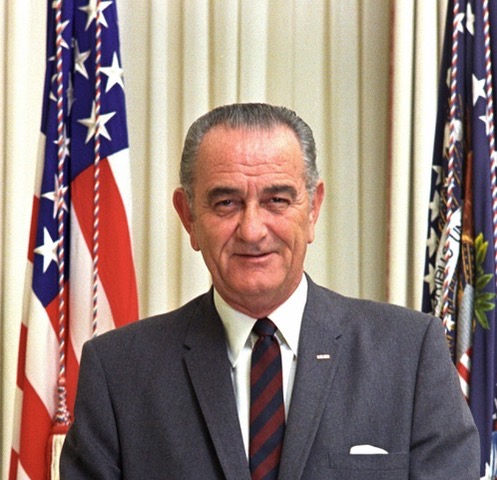
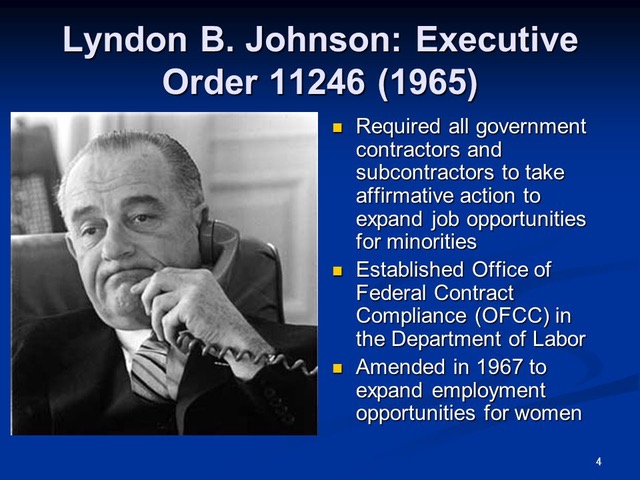
Earlier, Rep. Parren Mitchell and his allies in Congress pivoted on President Lyndon Johnson’s Executive Order 11246 that established requirements for non-discriminatory practices in hiring and employment on the part of U.S. government contractors.
The Mitchell-organized Black Braintrust also launched surety bond and working capital lines of credit and loan guarantee programs that greatly helped Black contractors get startup financing and bonds. My construction firm, UBM, got its first bond through this Small Business Administration program. By 2005 we were the largest Black-owned construction firm in Illinois. Harold Washington went on to be Chicago’s first Black mayor in 1983 and promptly issued an Executive Order that required city contracts to have a minimum percentage of minority business participation.
Based on these actions – beginning with on-the-street pressure that blossomed into Federal, State and City requirements – we live now in a world where minority and female participation is expected as part of government procurement. The NAMC continues in operation with chapters around the country with best practices shared via email, rather than face-to-face huddles, during this damnable pandemic.
Where We Are Today…
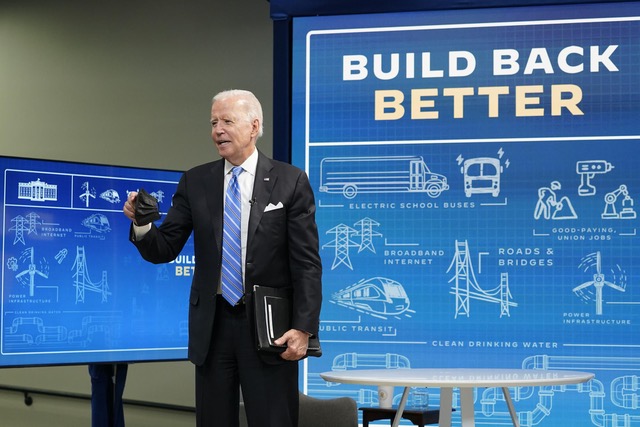
What’s to be learned, then, now that Joe Biden is about to roll out a Build Back Better program that promises at least $1.5 trillion (with a T!) in new public works nationwide – the largest such program in a generation? The challenge is to be prepared – prepared to bring the heat if Biden’s program gets stalled or curtailed by Democratic infighting or GOP intransigence; prepared to take advantage of past wins but also of growing labor shortages that are about to hit the construction industry. After all, construction unions once allergic to minorities soon may not have enough members to fill manpower orders, much as the Teamsters now can’t move goods and services due to a shortage of truck drivers. It’s worth noting that obstructing Black entry , the unions now have to resort, very often, to non US citizens to fill the labor demands.
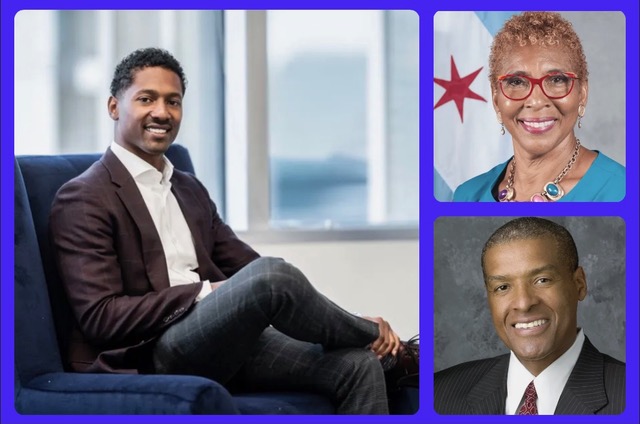
Chicago’s Business Leadership Council, whose founding leaders Frank Clark, Jim Montgomery and John Hooker have passed the baton to a younger group, is surely one key player. Leaders such as Charles Smith, Jim Reynolds and Avis Lavelle have taken up lead roles and are doing a terrific job. But in order to seize current and future business opportunities, and future business opportunities, Chicago’s Black businesses must better recognize the necessity of having an advocacy group that can interact with policy makers, elected officials and public agencies. Obviously the situation now is different than we faced in the 70s and beyond. Tactics change, but now as then there is a dire need for well-informed leadership capable of navigating tricky and sticky political, legal and cultural issues. BLC, or something like it, will be the key to success.
Just as the late Parren Mitchell led the Black Business legislative push into the 80s, Congressman Danny Davis (D-IL) has committed to create a Black Business Bridge to Biden infrastructure opportunities. He wants to ensure that funds coming into states and cities are fairly distributed, especially among qualified Black enterprises. “Danny” has hosted both in-person and virtual zoom meetings to discuss these issues. Black entrepreneurs and job seekers would do well to tune in.
Getting Prepared…

Some upcoming opportunities will be bigger than many Black firms can handle alone, even with programs in place to assist with financing, technical assistance and bonding. Legitimate teaming with other Black firms and large majority-owned firms will be required. Sophisticated legal services to create bona fide joint ventures and sub-prime entities will be required. Experienced lawyers like Graham Grady, Jim Montgomery and Kevin Brown are among those adept at such intricate combinations. The Business Leadership Council can refer the uninitiated to additional law firms and accountancies. At the risk of sounding like a Boy Scout Troop Master, I herewith stress the need to BE PREPARED!
Nothing would be sadder than for large project developers/owners to seek waivers to MBE participation requirements because there are no Black Businesses able to respond in a timely way to estimating, proposal drafting or payment delays. Marv Wilson, founder of Performance Spectrums and a peerless organizational guru, has outlined steps to be taken to ready Black Businesses for upcoming opportunities.
Wilson counsels clients on long and short term strategic planning; on vision, mission and value development; on internal systems and process development; on leadership development and management coaching. He advises that it is as necessary to work ON the business as it is to work IN the business. This entails everything from business plan development to succession planning. He’s someone all Black businesses should know. www.performance-spectrums.com
Sure the pandemic has forced many to maintain social distancing and limit group meetings. But this is an ideal time to improve business opportunities and operational practices. The Biden Black Business train is nearing the station. Time is wasting to get your ticket. It’s a ticket of up-to-date info, of organizational readiness, but most of all, of recognition that opportunities on this scale come along but once in a generation. I’ve been there. It’s time to do that.
 Paul King Jr. is a construction consultant and member of Chicago’s Business Leadership Council.
Paul King Jr. is a construction consultant and member of Chicago’s Business Leadership Council.

